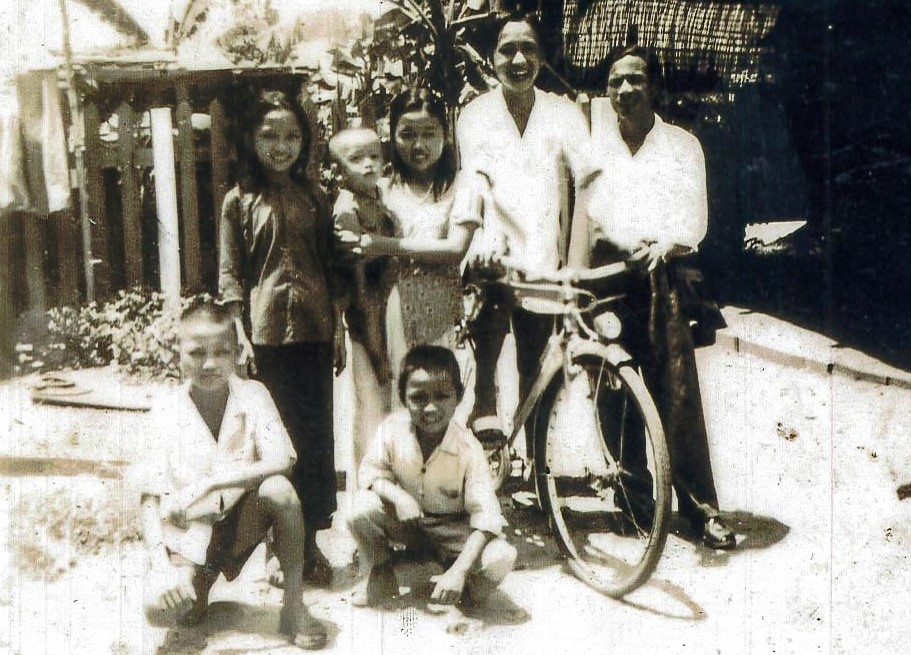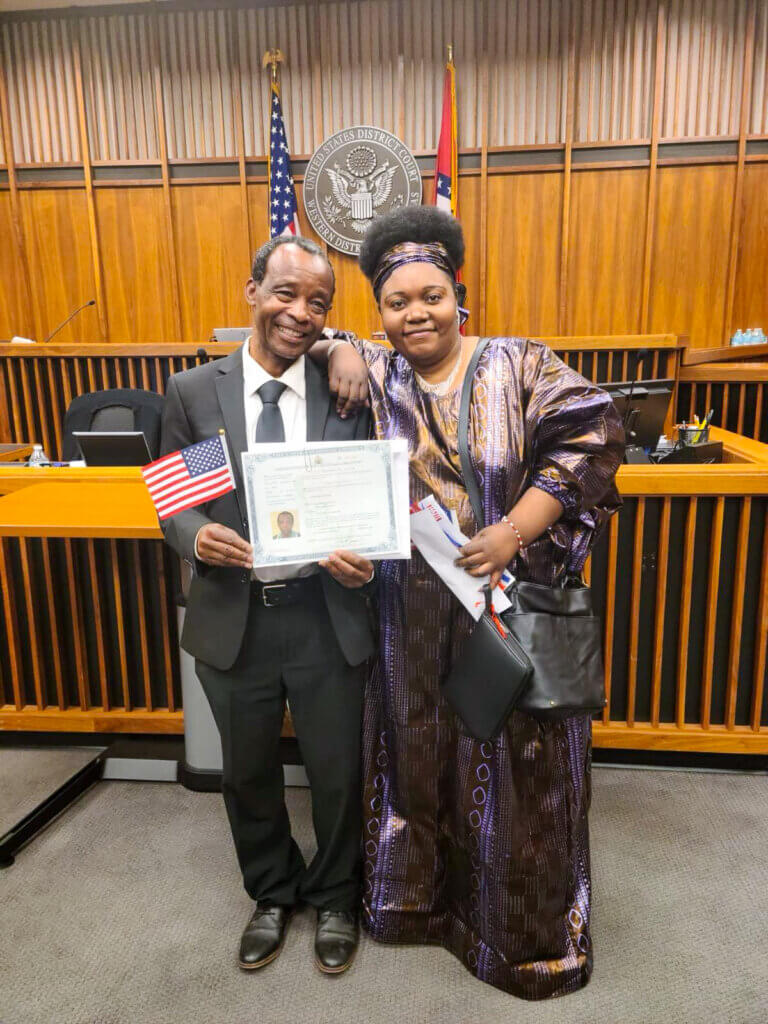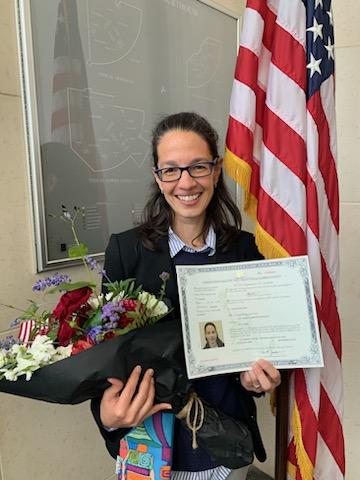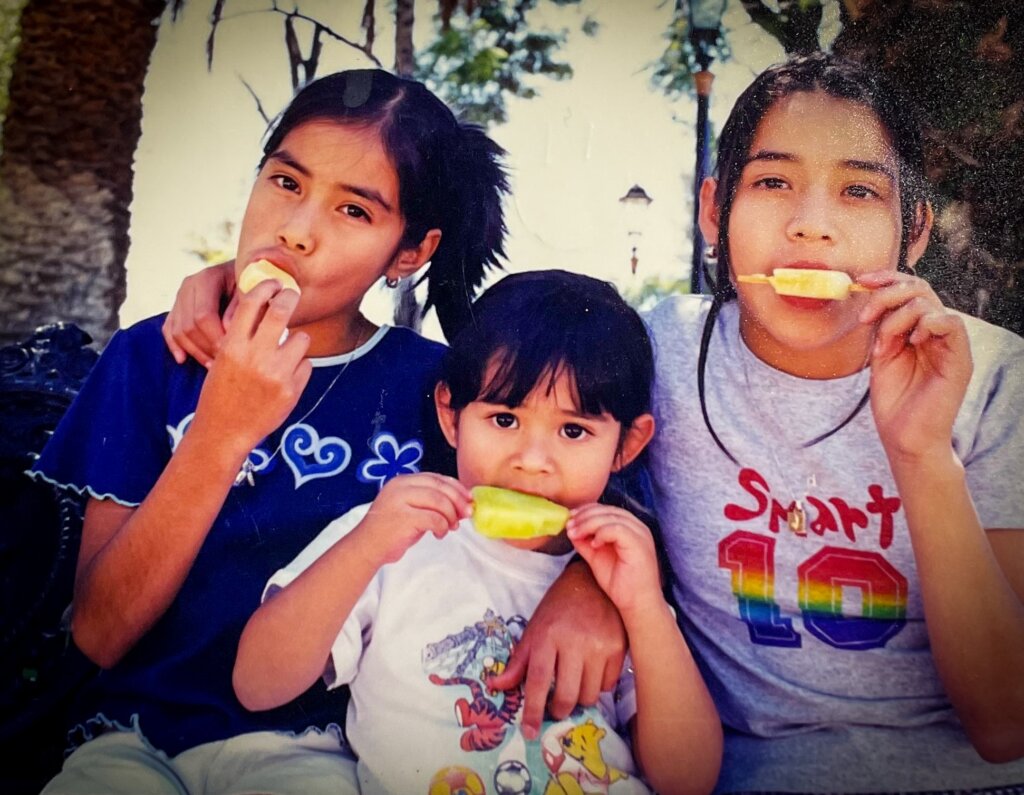Toan Van Nguyen: After 35 years, going back to Vietnam was his gift to himself

Toan Van Nguyen: I was in the Vietnamese Airforce, where
I worked alongside the U.S. Airforce in Saigon, Vietnam. I was a pilot and I
flew helicopters in and out of the Pleiku jungle during the most critical times
of the war. After the war ended in 1975, I was imprisoned for three and a half
years. In 1983, I fled Vietnam by boat to a refugee camp in Galang, Indonesia.
United Nations workers at the camp interviewed me and, one week later, told me
I would be allowed to enter the United States. I came to Minnesota in 1984, and
I’ve lived here ever since.
When I fled Vietnam, I did not have money to bring my family. Even though life here was hard, I accepted that. It wasn’t as hard as being in a communist prison. Eventually, I sponsored my wife and also my daughter to come to the United States. I lived in Rosemount, Minnesota at first, working in a grocery store. When I got a job in St. Paul, I moved here. After washing dishes for a year, I learned how to cook and eventually opened a restaurant. I’ve had three restaurants. My first was named Kim, my second was You and Me, and my third was Medalis. I cooked up to 175 different kinds of Vietnamese dishes, but for American tastes.
I have now sold all my restaurants, and I work in a bakery and I volunteer to help other newly arrived Vietnamese. When I first came to the United States, I learned English at the International Institute of Minnesota. I was helping someone who had no car one day, and I drove him to the International Institute for citizenship classes. That’s how I met Natasha. She asked me, after 35 years, why are you not an American citizen yet?
Natasha Singer: I used to work a couple of days a
week at the front desk. That’s where clients come in to schedule appointments.
I’m an immigration counselor at the Institute, and I’m also a Department of
Justice accredited representative. I began as an intern here. Before that, I
didn’t know anything about refugees or asylees and not a lot about immigration.
I fell in love with the work.
I am very, very grateful for my citizenship. My journey was
very different from Toan’s and other immigrants. I was adopted from Russia,
with my sister, when I was 13. I derived citizenship through my parents, so I
really didn’t know what Toan was going through.
I had seen Toan before, because he would bring us clients
who needed help with their citizenship applications, but I had never really
interacted with him. I was at the desk when he came to get help renewing his
green card. I’m trained to screen for any issues, and I saw that he’d been here
for a long time and I asked, “Why aren’t you applying for citizenship?”
Toan Van Nguyen: The reasons I hadn’t applied were
simple. I was busy working, very busy. I also thought if I had not done
anything wrong, or committed any crimes, I didn’t have to be afraid that I
would be deported back to Vietnam. Even though my friends told me to apply for
citizenship, I just disregarded their suggestion.
Natasha Singer: I spoke with Toan and by the end of
our conversation, I thought I had convinced him to apply. We scheduled an
appointment to both renew his green card and to begin the application process
for citizenship. When he came back a week later for that appointment he said,
“You know what? I’m not ready to apply for citizenship.” I felt defeated, but I
didn’t want to push. I just told him “When you are ready, please come back. We
would be more than happy to help you.”
I help a lot of people. There are times when I look at
people and I can see in their faces that this person is so genuine and nice, it
makes it very easy to help them. Toan has that kind of face. I wanted to help
him. He also treated everyone with respect and kindness. A week later he came
back to apply for citizenship. That made me very, very happy because he’s been
here for so long.
Toan Van Nguyen: Even though I lived in the United
States for 35 years, I had not decided to become a citizen. I helped other
Vietnamese people become American citizens. Friends tried to talk me into
becoming a citizen. They said when you become a citizen you get these rights,
but I didn’t like that statement. I feel that I meet my responsibilities, I
worked hard for many years, and I pay my taxes. I paid into Social Security and
I know I have enough Social Security to take care of me when I got old. But
then I met Natasha. She really encouraged me. My main reason was to vote and to
contribute to my community in some way. That’s what pushed me to become a U.S.
citizen.
Natasha Singer: I really don’t know what I said that
changed his mind. I pointed out that he’s not a citizen, but he’s helping so
many people become citizens. He is part of this community, and maybe he realizes
he can lead by example. Or maybe it’s just because every time we see one
another, we giggle together.
Toan qualified for the English exemption due to his age and
how long he had his green card. This meant that he could answer the hundred
civics questions in the language of his choice. I found practice questions for
him to study in Vietnamese. But when Toan went to the interview, he had a
different idea.
Toan Van Nguyen: I knew I had an option to take the
test in Vietnamese and there was a Vietnamese interpreter there. But, because
of the military terms that I used to talk about my service with the Vietnamese Airforce,
I thought even the interpreter didn’t understand. I ended up taking the test in
English anyway.
Natasha Singer: I think the USCIS officer was former
military. Every time he asked a question, Toan wouldn’t wait for the
interpreter; he just answered every single question in English. The officer
told him he passed right there and then. He said that everything looked good
and he would recommend Toan for approval. Then he thanked him for his service.
Toan was very, very grateful. He was so happy. He kept
saying “Thank you, thank you.” After we were done, he was giggling the whole
time. His wife was also so happy and kept thanking me, saying, “He never wanted
to apply before, and then he met you.” But I just filled out the paperwork,
Toan did most of the work.
Toan Van Nguyen: I took my citizenship oath on
November 26, 2019. I never imagined that day would happen. Without Natasha
encouraging me, it really would not have happened. It was just two weeks after
my test and my friend told me that the entire process of becoming a U.S.
citizen was very quick for me. I am very happy because I feel like I have a lot
of freedom now. I bought a ticket to visit Vietnam right away. Luckily it was
before the coronavirus, so I didn’t get stuck over there. It was the first time
I visited with my U.S. citizenship. I felt more stable. I felt that the United
States would protect me if something went wrong over there.
Natasha Singer: I couldn’t attend Toan’s oath ceremony. But I spoke to him and he was very excited. He told me he bought a ticket to go to Vietnam for December 5, 2019. His naturalization ceremony was November 26, that was only nine days later—I worried he wouldn’t get his passport in time! We helped him expedite the process, and he got his passport just in time. I think going back to Vietnam to visit his family was, in a way, his gift to himself.
Toan Van Nguyen: Now I volunteer to help fill out the forms for the young people who came over here more recently. I encourage them to become a U.S. citizen to be able to obtain a better job and to have better benefits. I have not yet voted. But I am registered to vote, and I’ve been discussing politics with my friends. I’m planning to vote in the election. I feel happy. I think people look at you a little differently. My friends stopped criticizing me. And now I don’t have to hear from my wife about this every night!



